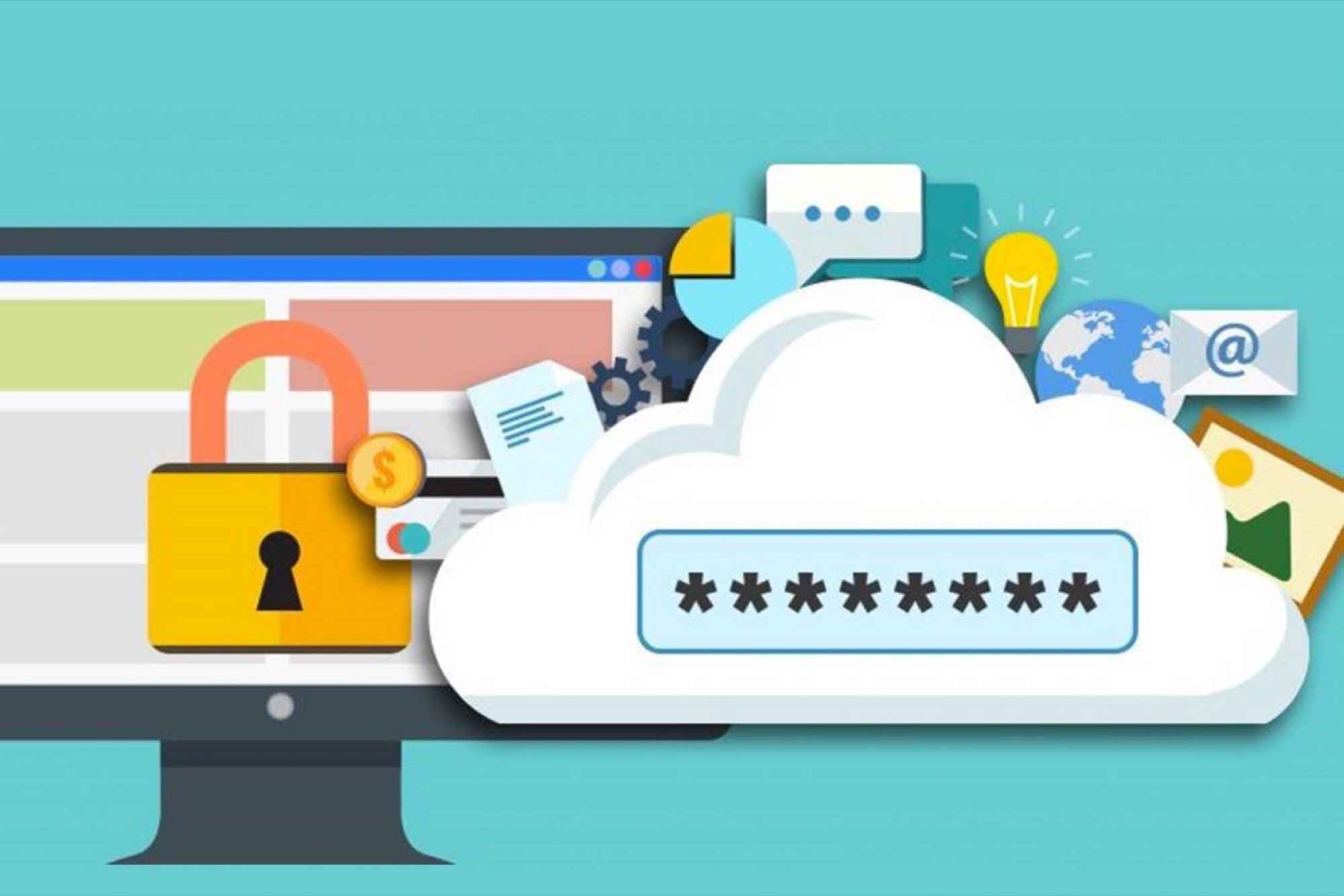It's Time to Stop It With the Terrible Passwords Ahead of World Password Day, a recent PCMag survey of 1,000 U.S. consumers found that many people are still terrible at creating and securing their passwords.
This story originally appeared on PCMag

With World Password Day coming up this Thursday, it's a good time to audit your password practices.
If you base your passwords on easily obtainable personal information, or have a go-to password you use for multiple accounts, it's time to do better. But rest assured, you're not the only one who sucks at passwords.
A recent PCMag survey of 1,000 U.S. consumers, conducted between April 27 and April 29, revealed that 19 percent use their name or initials in their passwords, a big security no-no. Many others use their wedding date (16 percent), the name of a family member (15 percent), birth year (12 percent), house address (12 percent) or spouse's personal information (8 percent).
Meanwhile, most of us aren't too savvy when it comes to remembering our passwords, either. Twenty-eight percent of respondents write them down on paper, 17 percent simply remember them by rotating between the same two or three for all their accounts, 12 percent rely on their browser's auto-fill feature and 7 percent use Google Docs or Notes on their computer or phone.
Perhaps worst of all, 9 percent of survey respondents said they use the exact same password for all their accounts.
If you can relate, it might be time to consider a password manager. Used by just 13 percent of survey respondents, password managers help you generate and keep track of unique and strong passwords for every secure website. Some of our favorite paid options include: Dashlane, Sticky Password Premium, Keeper Password Manager & Digital Vault and LogMeOnce Password Management Suite Ultimate 5.2 ($39 at LogMeOnce). There's also plenty of free password managers out there; our favorite is LastPass.
Besides helping to secure your accounts, password managers can save you the hassle of getting locked out. Fifty-seven percent of those who use a password manager said they "rarely" get locked out of their accounts.









